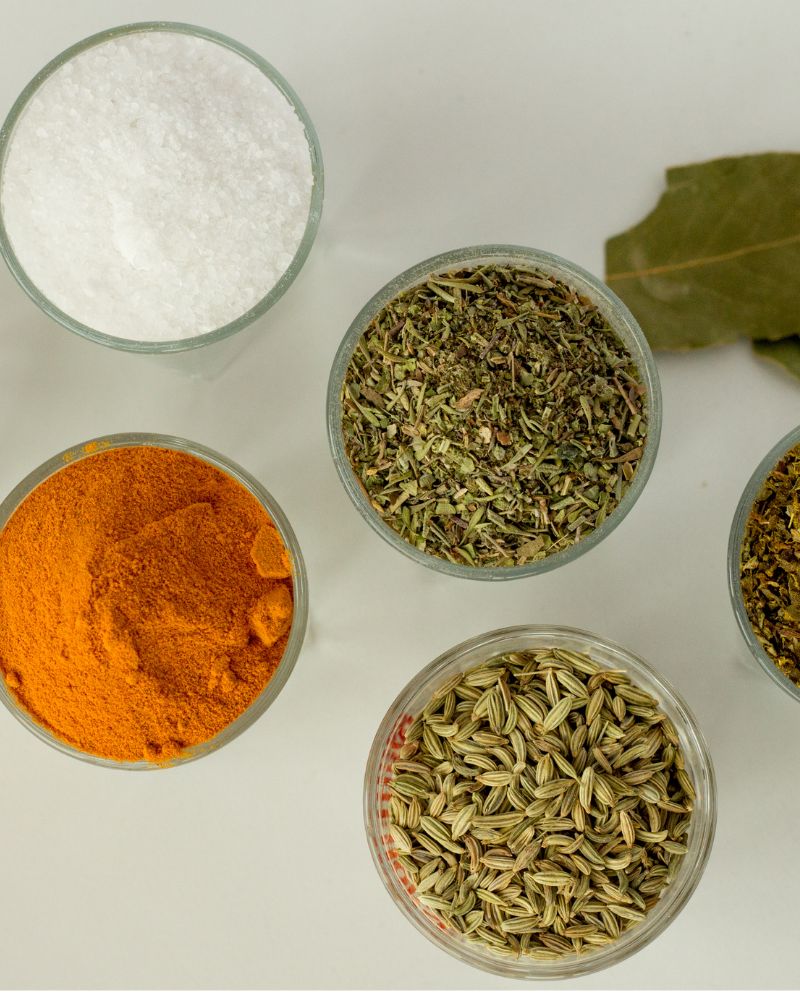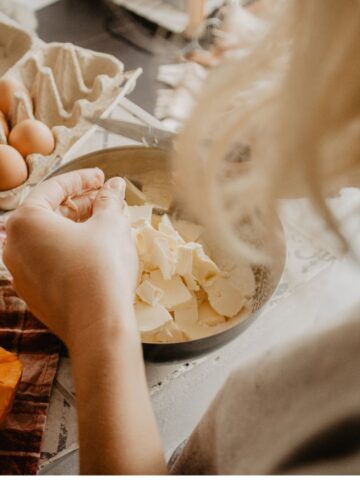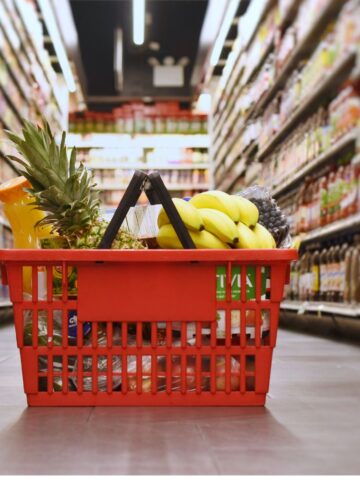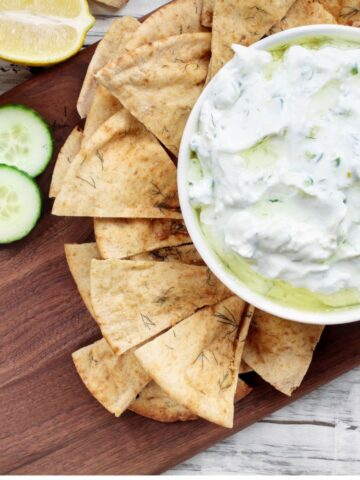Hey there foodies, let's get real for a minute. Eating healthy can be a real drag, am I right? But what if I told you there was a way to make your meals both healthy AND delicious? Enter the role herbs and spices - the unsung heroes of flavorful and healthy cooking.
These little gems not only make your taste buds sing, but they also pack a nutritional punch with their plethora of health benefits. From giving your digestion a boost to fighting off inflammation, herbs and spices are the secret sauce to living your best life.
In this blog post, we're going to dive into how you can use herbs and spices to create mouth-watering, nutrient-rich meals that will make your taste buds dance. Get ready to spice up your life!

The Benefits of Herbs and Spices
Listen up, folks, because I'm about to drop some serious knowledge bombs on you. Did you know that herbs and spices are way more than just flavor enhancers? They're like little powerhouses of nutrition that can help keep your body in tip-top shape! I'm talking vitamins, minerals, and antioxidants galore! And that's not all - some of these bad boys have been used for centuries to cure all kinds of ailments. The role of herbs and spices isn't just flavor. Ginger for an upset tummy, garlic for high blood pressure - the list goes on! But wait, there's more! These magical ingredients can also help you cut down on the salt and sugar in your meals while still keeping things delicious. So, do yourself a favor and start incorporating herbs and spices into your cooking ASAP. Your taste buds (and your health) will thank you!
Commonly Used Herbs and Spices
Let's talk about the spice of life - herbs and spices, that is! These little guys are the secret to taking your cooking to the next level. Want to add some zing to your pasta sauce? Throw in some basil! Want to make your roasted veggies pop? Give them a sprinkle of paprika! The possibilities are endless, my friends. Here are a few of my all-time faves:
Oregano. This Mediterranean staple is perfect for adding some earthy goodness to your pizzas, pastas, and roasted meats. Trust me, your taste buds will thank you.
Cumin. This nutty, warm spice is essential for making mouth-watering curries, chili, and roasted veggies. Don't be afraid to get creative with it!
Rosemary. This herb has a woody, pine-like flavor that makes it the perfect addition to roasted potatoes, chicken, and lamb. It's like a flavor explosion in your mouth!
Turmeric. This bright yellow spice adds a touch of bitterness to dishes and is great in curries, rice dishes, and roasted veggies. Plus, it's loaded with health benefits, so it's a win-win!
Paprika. This sweet and slightly spicy spice adds depth of flavor to stews, soups, and roasted meats. It's like a warm hug for your taste buds!
So, don't be afraid to get creative with your herbs and spices, folks. The more you experiment, the more deliciousness you'll discover!
Techniques for Using Herbs and Spices
Alright, herb and spice lovers, let's talk about some techniques for taking your dishes from meh to magnificent!
First up, toasting. This simple technique involves heating up your spices in a dry pan until they're nice and fragrant. It's like unlocking a whole new level of flavor!
Next, we have rubs. Rubs are the perfect way to infuse meat with flavor. Just mix up your favorite herbs and spices and massage them onto your meat before cooking. Trust me, your taste buds will thank you.
Another technique is infusing. Infusing herbs and spices into oils, vinegars, or stocks can really bring out their flavor and take your dish to the next level. And finally, we have layering.
Layering herbs and spices throughout the cooking process can create a complex and delicious flavor profile. So, get creative with your herbs and spices and try out these techniques to elevate your cooking game!
Storage Tips
Here are some tips for storing and preserving your favorite herbs and spices:
Keep them in airtight containers. Exposure to air and moisture can cause herbs and spices to lose their flavor and potency over time. Keep them in airtight containers to prevent this from happening.
Store them in a cool, dark place. Herbs and spices should be stored in a cool, dark place to preserve their flavor and color. Avoid storing them near sources of heat or light, such as the stove or a window.
Label and date your containers. Make sure to label your containers with the name and date of purchase so you can keep track of how long you've had them. Most dried herbs and spices can last up to a year if stored properly, but it's always good to keep track.
Consider freezing them. Freezing fresh herbs and spices is a great way to preserve their flavor for longer. Simply chop them up and freeze them in ice cube trays with a little bit of water or olive oil. Then, pop them out as needed to add to your dishes.
Use a spice grinder. Whole spices will retain their flavor longer than ground spices, but grinding them can be a hassle. Invest in a spice grinder to grind your own spices as needed. This will help preserve their flavor and give you the freshest possible taste.
By following these tips, the role of your herbs and spices will help keep your meal fresh and flavorful for as long as possible.
Have a look at some of our other helpful articles below to help boost you healthy cooking and blending skills.





Comments
No Comments